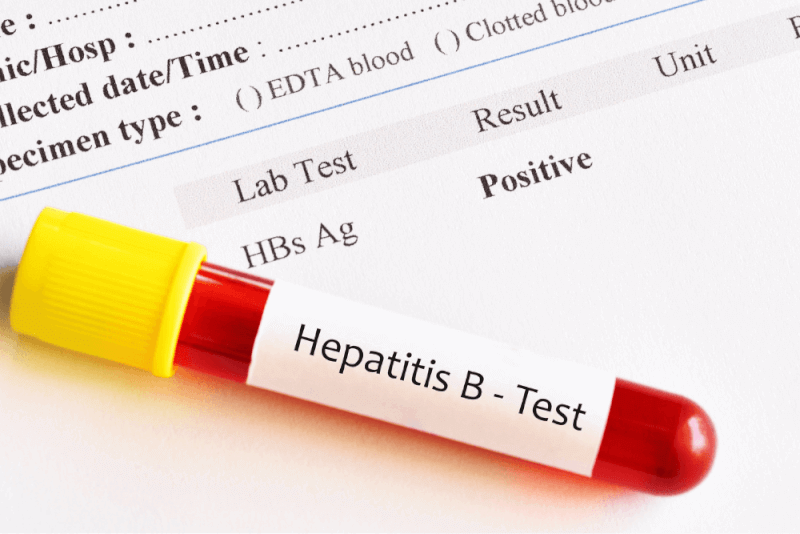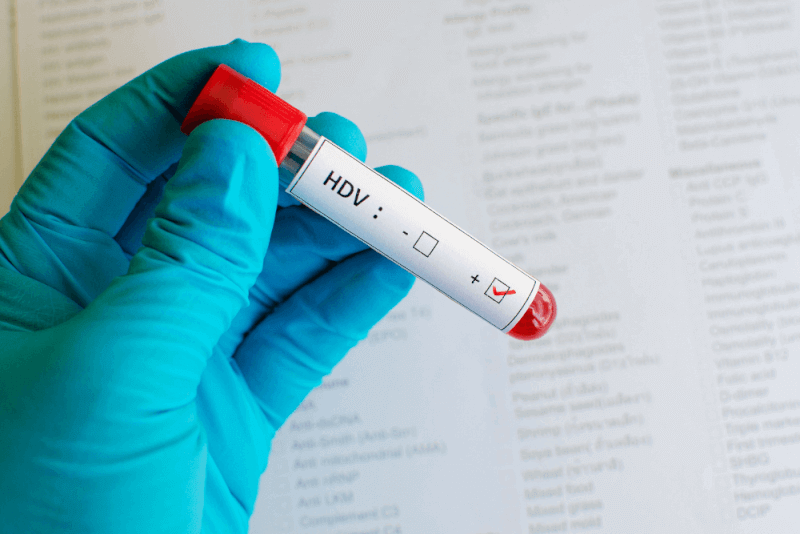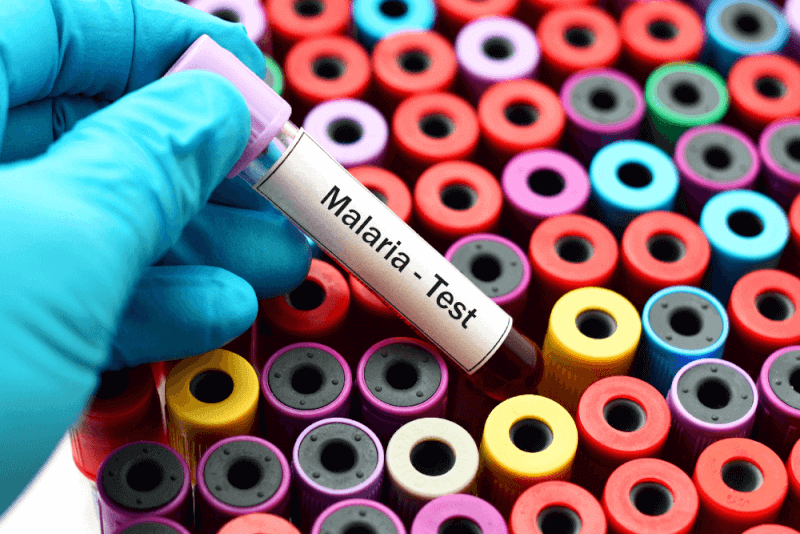What is aspergillosis?
Aspergillosis is a group of diseases caused by the fungus Aspergillus. Some types include allergic bronchopulmonary aspergillosis, chronic pulmonary aspergillosis and invasive aspergillosis. Azpergillosis usually affects people with weakened immune systems or lung disease, and treatment options include surgery and antifungal medications.
The type of fungus that causes aspergillosis is usually found outdoors, on dead leaves, plants, soil or compost. The fungus can grow in some damp indoor environments. The majority of people inhale Aspergillus spores but do not become infected. However, in some people the fungus causes serious health problems, such as allergic reactions or infection of other organs.
Causes of aspergillosis
Many different species of Aspergillus fungus cause this disease. The most common cause is the A. Famigatus species. This fungus, which lives in the environment around people, is easily inhaled. However, in a significant proportion of people, the immune system destroys the inhaled fungi without getting sick. On the other hand, people with weakened immune systems or people with any lung disease can get sick from this fungus.
Inhaling Aspergillus from the air can cause allergic reactions or infection that can affect the sinuses and lungs. If the immune system does not fight the infection, it can spread from these areas to other parts of the body. The fungus can also enter the body through an incision in the skin.
Symptoms of aspergillosis
Symptoms of aspergillosis vary depending on the type and location in the body. The most common types include lung infections or symptoms of allergic reactions. Symptoms that can be seen if it causes these problems include the following.
- Cough
- Shortness of breath
- The whine
- Chest pain
- Fire
- Fatigue and weight loss in case of chronic pulmonary aspergillosis
If the infection spreads to other parts of the body, different symptoms may occur. These symptoms include the following.
- If it affects the eyes, eye pain, red eyes and blurred vision
- Nasal congestion or runny nose, headache, decreased sense of smell
- If it affects the skin, red hardened spots can progress from spots to ulcers that turn black.
- If it occurs in the brain, it causes mood changes, weakness, confusion, seizures and confusion.
- If the fungus affects the stomach and intestines, fever, diarrhea, abdominal pain and constipation may occur.
- Symptoms that can be seen when the fungus affects the sinuses, nasal passages, mouth and brain include fever, swelling on one side of the face, headaches, nasal congestion, nasal pain, bloody mucus coming from the nose, drooping eyelids, black pus coming from the mouth, nose or eyes.
Types of aspergillosis
The area affected by Aspergillus fungus and the damage it causes causes cause it to diversify. Types of aspergillosis include the following.
Aspergilloma
Usually affecting people with underlying chronic lung diseases such as tuberculosis, sarcoidosis, cystic fibrosis or systemic immunodeficiency, aspergilloma can remain aseptomic for many years. For this reason, it is often diagnosed during investigations for a different health condition. In addition, a small percentage of aspergilloma can enter the blood vessels and cause bleeding.
Therefore, the most common symptom of aspergilloma is blood coming from the mouth when coughing. In some cases, the bleeding caused by the disease can be life-threatening. However, in the majority of cases, the bleeding is minor.
Alergic bronchopulmonary aspergillosis
An allergic or hypersensitive reaction to the fungus Aspergilus fumigatus is called allergic bronchopulmonary aspergillosis. Despite frequent exposure to this fungus, some people may have a reaction. However, this is a rare condition.
The immune system in some people overreacts to the fungus in the lungs, causing damage to the airways and permanent lung damage. Allergic bronchopulmonary aspergillosis, which particularly affects people with asthma and cystic fibrosis, can also cause atopic dermatitis, urticaria and allergic rhinitis.
Invasive aspergillosis
Invasive aspergillosis, which occurs when the aspergillus fungus causes a serious infection, usually affects people with compromised immune systems, such as those who have received organ transplants or stem cell transplants. Invasive aspergillosis most commonly affects the lungs but can also spread to other parts of the body.
Chronic pulmonary aspergillosis
Chronic pulmonary aspergillosis, which occurs when aspergillosis infection causes cavities in the lung, can be a long-term condition. It occurs when one or more aspergillomas are present in the lung.
Alergic aspergillosis sinusitis
Cases in which aspergillosis causes inflammation in the sinuses and sinus infection are called allergic aspergillosis sinusitis.
Azole-resistant Aspergilus fumigatus
Aspergillosis is a type of aspergillosis that occurs when the fungus that causes aspergillosis becomes resistant to the drugs used in treatment.
Diagnostic criteria for aspergillosis
The diagnosis of aspergillosis depends on the patient's symptoms and health history. In addition, imaging such as X-rays or computed tomography scans, fluid or tissue tests and allergy tests all help diagnose the various types of aspergillosis.
Because the symptoms are similar to those of many other diseases, additional tests may be performed to rule out other conditions. Sounds that can diagnose aspergillosis include the following.
- Allergy tests
- Biopsy
- Blood tests
- Culture
Aspergillosis treatment methods
The treatment of aspergillosis varies depending on the type of disease and the patient's other health conditions. Treatment options include surgical methods, antifungal drugs and corticosteroids.
Aspergillosis surgery
Surgery may be recommended to treat aspergilloma caused by a single fungal ball. In certain cases, surgery can also be used to treat invasive or allergic aspergillosis. Experts generally do not recommend surgery to treat chronic pulmonary aspergillosis.
Antifungal drugs
Antifungal medicines can treat many different types of aspergillosis. Sometimes the medicines may not be effective in patients. In this case, a different antifungal medicine may be recommended. Commonly used antifungal medicines include the following.
- Voriconazole
- Isavuconazole
- Posaconazole
- Itraconazole
- Liposomal amphotericin B
- Kaspofungin
- Mikafungin
Corticosteroids
Corticosteroids help to reduce inflammation. They are especially prescribed to treat allergic forms of the disease or skin infections. The drug to be prescribed varies depending on which part of the body is infected. The different types of corticosteroids include:
- Hap
- Inhaled
- Nazal
- Topical








